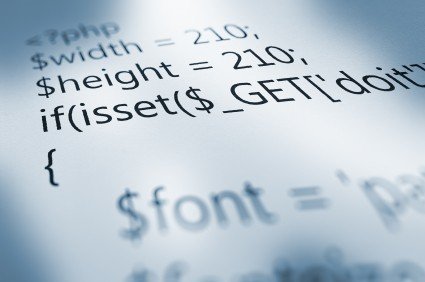Property rights have always been highly valued at Sovereign Man and with the birth of the digital age, intellectual property has become an even more heated issue. Computer languages and general software development have relied heavily on open source APIs to foster innovation and interoperability. Software giants Oracle and Google have been the latest companies to attack litigiously over intellectual property rights. The Electronic Frontier Foundation further reports:
“To recap: Oracle, the current owner of Java, sued Google for, among other things, using Java APIs in its Android OS. Oracle claimed that Google infringed both its patents and copyrights. The Court disagreed, and Judge Alsup ruled that “Google and the public were and remain free to write their own implementations to carry out exactly the same functions of all methods in question.”
Earlier, the jury summarily disposed of Oracle’s patent claims and also found that, assuming one could get a copyright on an API, Google might have infringed (the jury failed to answer whether Google’s use was a legal fair use). All of this left open arguably the most important question: whether APIs could be copyrighted. As we previously explained, the answer must be “no” under current law, and extending copyright to APIs would have a disastrous effect on interoperability, and, therefore, innovation. We are glad to report that Judge Alsup agreed.
The court clearly understood that ruling otherwise would have impermissibly – and dangerously – allowed Oracle to tie up “a utilitarian and functional set of symbols,” which provides the basis for so much of the innovation and collaboration we all rely on today. Simply, where “there is only one way to declare a given method functionality, [so that] everyone using that function must write that specific line of code in the same way,” that coding language cannot be subject to copyright.”
“Judge Alsup’s opinion implicitly recognizes that the copyright laws, mostly recently overhauled in the 1970s, simply were not intended to cover claims like those made by Oracle in this case. Here, Oracle poured through 15 million lines of Android code searching for infringement, and found only nine lines (one function!) that had been copied from Java, a circumstance the Court found “innocuous and overblown.” Such functionality may be subject to patenting, which has a shorter life span and more opportunities to challenge its validity, but Oracle’s attempts to shoehorn its unpatented APIs into copyright law were met with the proper rejection.”








